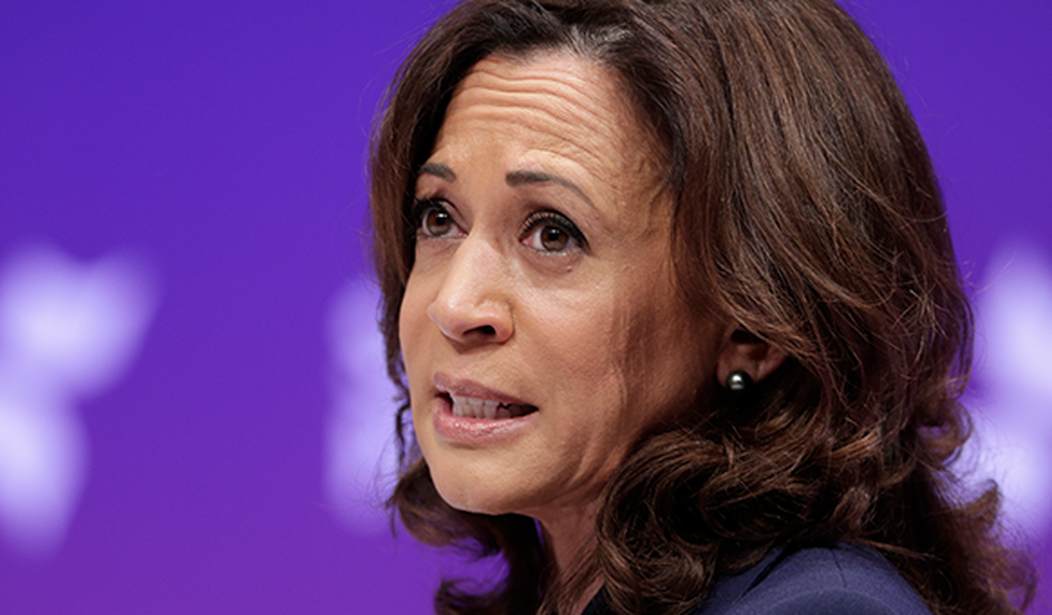The polls published since the conclusion of the first Democratic debates are unanimous: they show that the chief beneficiary was California Senator Kamala Harris. She delivered a body blow to former Vice-President Joe Biden, who previously had been riding high as the obvious frontrunner.
Harris' most direct and successful attack on Biden was related to the issue of busing. Much as Harris wished to convey the impression that only a racist, or someone soft on racism, would take issue with busing, the truth is far more complicated.
Starting in 1971, the Supreme Court authorized court-ordered desegregation programs involving the transportation of students to outlying schools to achieve greater racial balance. The public reaction was intensely hostile from the start. The concept of the “neighborhood school” was jeopardized by forced busing, and many parents resented the fact that their children had to endure long bus rides, often to schools of lesser quality, to satisfy a judge's or a bureaucrat's idea of racial justice. In 1972, Republican President Richard Nixon won reelection — and every single state in the South, formerly a Democratic bastion — based in part on his strong opposition to busing.
In 1974, the Supreme Court began a long retreat from busing, ruling first that only under the most restrictive circumstances could busing be ordered between school districts, rather than within them. This had the effect of encouraging “white flight” from the inner cities to the suburbs, where busing was less common. Further Supreme Court decisions up to the 2000s watered down the federal mandate for busing and increasingly left it up to school districts to achieve racial equity in their own ways.
Busing's success in improving educational access and outcomes for minority students was very limited. By weakening neighborhood ties among students, moreover, busing may have contributed to a massive rise in school discipline problems.
Recommended
Much more alarmingly, though, busing provoked major political and racial animosities — sometimes even violent public unrest. It became so unpopular that even moderate Democrats like Delaware Senator Joe Biden opposed it. Biden referred to busing as a “liberal train wreck,” which was close to the truth. Even many proponents of the policy, like Senators Ted Kennedy and George McGovern, sent their own children to private schools — further undercutting the rationale for busing.
Arguably, Senator Harris is seeking to revive a debate over busing that, by and large, liberals conceded defeat on decades ago. By 1999, according to Gallup, 82 percent of Americans opposed busing, including a plurality of blacks.
Today's efforts to achieve greater racial equity in education seldom involve transporting students long distances. In fact, where geographical and demographic realities make it impractical for each school to be racially mixed, modern school districts tend to accept this and make the best of it.
Kamala Harris would like to go back to the bad old days when judges and education bureaucrats believed that race ought to be the primary factor determining where a child should go to school. She prefers, in other words, to try to socially engineer a racial utopia, rather than to allow local school boards and parents to decide what is best for their children.
What is worse, Harris is not just endorsing the failed and discredited policy of forced busing. She is trying to intimidate anyone and everyone who opposes it by suggesting that they are making common cause with racists and segregationists. The reality, of course, is that, in Joe Biden and in many other principled opponents of busing, Kamala Harris ought to see allies in the battle for racial equality, not enemies. After all, busing is anything but race-blind. It is, in fact, arguably racist in itself.
Joe Biden, whatever his faults may be (and there are many), is no bigot. Our country's first black president would not have chosen Joe Biden as his running mate had he viewed the Delaware Senator as a closet segregationist.
Kamala Harris is surging in the polls, thanks in large part to her direct and pointed attacks on Joe Biden. Kudos to her for her boldness
The truth, though, is that Harris's attacks on Biden were deceptive and unfair. That ought to count for something as Democrats weigh whether she is qualified to be the party's nominee.

























Join the conversation as a VIP Member